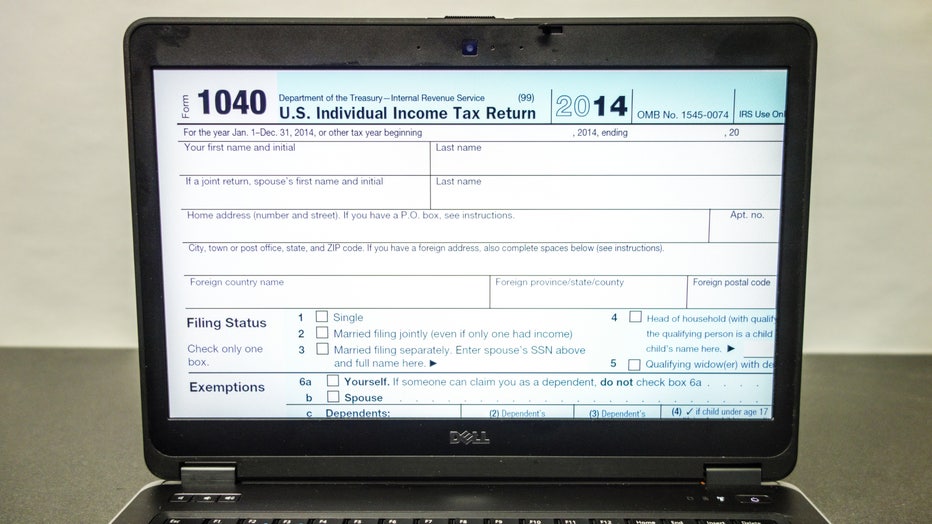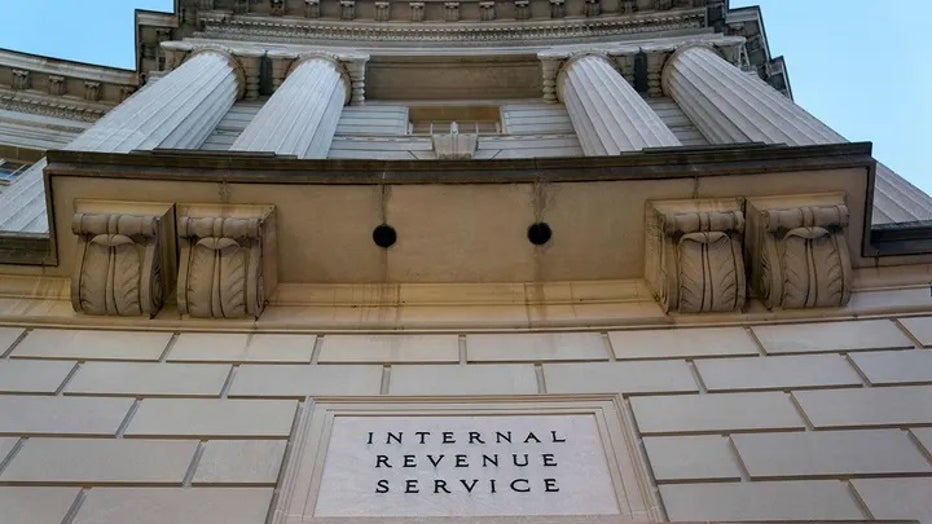Your tax refund could be bigger this year – here's why
Tax season underway: What you need to know
Wealth strategist and tax expert David Ragland joins LiveNOW's Lexie Petrovic to outline what Americans need to know when filing their taxes as tax season began on Monday.
Americans expecting to receive a tax refund could be in for a pleasant surprise this year.
Taxpayers typically receive a refund if they had too much money withheld and overpaid their taxes the previous year. For many families, the money can be substantial: Nearly three-quarters of filers received a tax refund in 2023, with an average payment worth about $3,176 — down about 3% from the previous year.
But refunds are expected to be noticeably bigger in 2024, with some people receiving up to 10% more than they did last year, according to Mark Steber, chief tax information officer at Jackson Hewitt. That would amount to a roughly $300 to $400 increase.
"For anybody whose income did not outpace inflation, they should do better," Hewitt told FOX Business. "It's not even voodoo or marketing spin, it's pretty much just science."
SOCIAL SECURITY RECIPIENTS COULD BE HIT WITH A SURPRISE TAX BILL THIS YEAR

A view of an IRS 1040 Tax Form on a Laptop computer screen being prepared for an electronic filing. (Getty Images)
The bigger refunds are a silver lining of the inflation crisis that ravaged millions of households' finances last year.
That's because the IRS annually adjusts the federal income tax bracket and standard deduction; in times of painfully high inflation, the increases are more significant and impactful for taxpayers. In 2023, the tax brackets shifted higher by about 7.1% — a historic increase that is also higher than the 5.5% earnings increase received by the median worker last year.
"There's not a lot of good news for the low- and moderate-income people who didn't keep pace with inflation, and that's a lot of people," Steber said. "This is not some outlier group. Those people should see a little better situation on their taxes this year."
REMOTE WORKERS FACE A DOUBLE TAXATION THREAT
The increase is intended to avoid a phenomenon known as "bracket creep," which happens when taxpayers are pushed into higher-income brackets even though their purchasing power is essentially unchanged due to steeper prices for most goods.
"For any taxpayer that didn't make more money and outpace inflation, without this adjustment, you have even less money, but now you're paying even more taxes without these inflationary adjustments that the IRS does," Steber added.

The Internal Revenue Service building in Washington, D.C., on Jan. 24, 2023. (STEFANI REYNOLDS/AFP via Getty Images)
Most taxpayers will have until Monday, April 15, to submit their returns or request an extension.
The IRS expects to receive more than 128.7 million individual tax returns by this year's deadline.
In order to receive your refund within 21 days of filing, the IRS has cautioned that you must file your return electronically, ensure that it is accurate and complete and request to receive the refund via direct deposit.
However, the tax-collecting agency warned that some returns may require "additional review" and take longer to process if their systems identify any errors, if there are mistakes on the return or if it suspects theft or fraud.
"Once you're relatively certain that you have all of your tax documents, file as soon as you can so that you can start investing your money," Eric Bronnenkant, head of tax at online financial adviser Betterment, previously told FOX Business. "Because, in general, the IRS doesn't pay you interest on your refunds. So getting that money in your hands sooner is better, for sure."
LINK: Get updates and more on foxbusiness.com.

